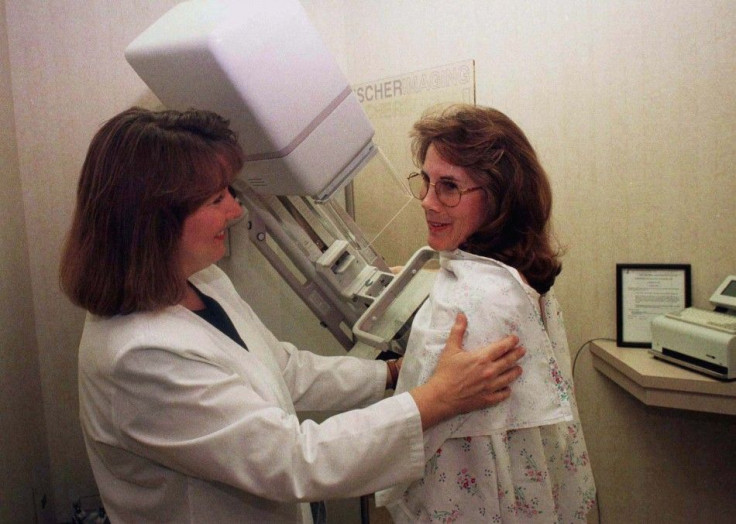A Simple Blood Test May Soon Predict The Return Of The Breast Cancer

Soon, an experimental blood test may be able to predict the chances of breast cancer relapse in women. According to a latest research conducted by a team at The Institute of Cancer Research in the U.K., the new blood test can help predict the return of the breast cancer, months before the actual appearance of the new tumor signs in the breast cancer scan.
According to the researchers, the new blood test works by detecting the cancer DNA circulating in the bloodstream of the breast cancer survivor. Using a specialized DNA technology, the researchers identified the key genetic fault in the faulty cancerous DNA found in the patient's blood sample.
The blood samples were retrieved from the breast cancer survivors, who have received a chemotherapy after the surgery. The blood samples were withdrawn at different intervals after the surgery. The researchers discovered that the women, who had faulty cancerous genes circulating in their bloodstream, were 12 percent more likely to suffer from breast cancer relapse than women with no faulty genes at all.
By this method, the faulty genes in the tumor DNA can be identified months before the actual conventional diagnosis takes place. However, it will still take time to confirm that the test is practically feasible, according to Professor Jacqui Shaw of the institute.
“This important study suggests that looking for tumor DNA in a patient’s blood after they’ve been treated for early stage breast cancer could help monitor them, and even make predictions about whether their disease may come back,” said Shaw in a statement. “And it may be possible to do this before tumors become visible on conventional scans. But there is some way to go before this could be developed into a test that doctors could use routinely, and doing so is never simple.”
The test is still under experimental stage and has not been made available for public use yet. However, the researchers are hopeful that if the test is found to be successful and gets approved, it will eliminate the need to conduct a biopsy for breast cancer detection.
© Copyright IBTimes 2024. All rights reserved.





















